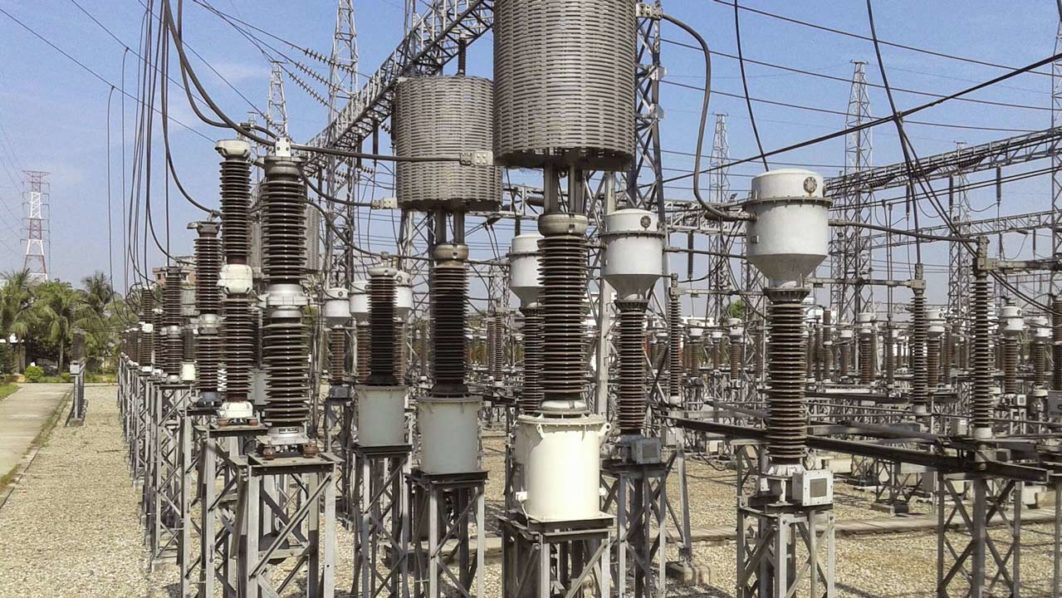
Last year alone, Nigerian manufacturer’s expenditure on alternative energy rose by 33 percent from what was spent in 2019 according to data from the Manufacturers Association of Nigeria (MAN).
Self-generation guarantees continuous business operation during power outages, lowering the adverse economic impact of grid supply interruptions, but remains an expensive alternative for local production and many households.
Alternative energy costs increased significantly by 33 percent from what was spent in 2019 according to MAN.
According to MAN, in H1’2020, sector players spent N24.16 billion which was a 26 percent decline from the N32.68 billion spent in H1 2019.
However, in the second half of the year, alternative energy costs grew by 66.4 percent to N57.75 billion from the N34.70 billion spent in the same period of 2019.
Stakeholders noted that the lockdown in the first half of the year, occasioned by the outbreak of the Coronavirus pandemic, was primarily responsible for the reduction in energy cost.
But as activities resumed, manufacturers’ cost of production increased not just in energy cost but also in the procurement of raw materials.
Reviewing major challenges faced by manufacturers recently, MAN President, Mansur Ahmed, said epileptic power supply and high costs of self-generated electricity, were key issues hurting the growth of manufacturing companies in the country.
“The implication of these challenges highlighted is that it impedes the growth and development of the manufacturing sector, thereby affecting the attainment of the sector’s full potential of massive job and wealth creation,” Ahmed said.
He noted that when there is a steady energy supply, operating costs of manufacturers fall, leading to the production of cheap but high-quality products that can compete in the local and global market.
The World Bank noted that outage losses for firms engaging in self-generation would have increased by as much as 183% of those firms depended solely on the grid, while firms without self-generation could have avoided an estimated 6-46% of reported losses if they adopted self-generation during grid power outages.
According to the Bank, 85 million Nigerians do not have access to grid electricity, adding that the number represents 43% percent of the country’s population and makes Nigeria the country with the largest energy access deficit in the world.
The World Bank had in February, approved $500 million to support the Federal Government in improving its electricity distribution sector.
“Improving access and reliability of power is key to reducing poverty and unlocking economic growth in the aftermath of the global COVID-19 pandemic,” says Shubham Chaudhuri, World Bank Country Director. “The operation will help improve the financial viability of the DISCOs and increase revenues for the whole Nigerian power sector, which is critical to save scarce fiscal resources and create jobs by increasing the productivity of private and public enterprises”.
The Nigeria Distribution Sector Recovery Program (DISREP) is projected to help improve service quality, as well as the financial and technical performance of distribution companies by providing financing based on performance and reduction of losses.
This project, according to the World Bank, complements the support provided under the Power Sector Recovery Operation (PSRO) approved in June 2020.
Specifically, it will ensure that distribution companies make necessary investments to rehabilitate networks, install electric meters for more accurate customer billing, and to improve the quality of service for those already connected to the grid. It will also help strengthen the financial and technical management of DISCOs to improve the transparency and accountability of the distribution sector.
“The program will only be eligible for those DISCOs that transparently declare their performance reports to the public with the actual flow of funds based on strict verification of achieved performance targets by an independent third party. The program would also make meters available at affordable prices to all consumers in Nigeria, a long pending demand of Nigerians,” says Nataliya Kulichenko, World Bank task team leader for the project.



